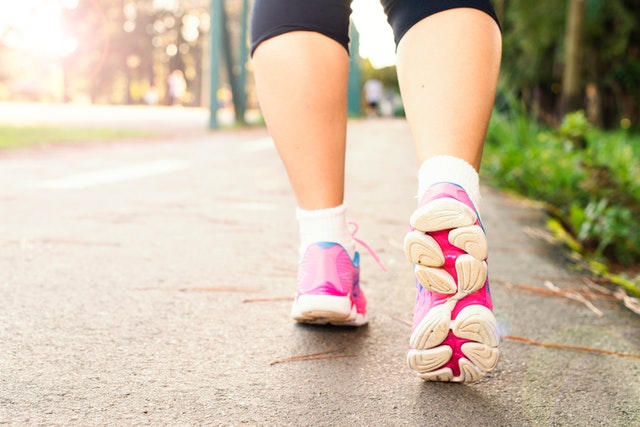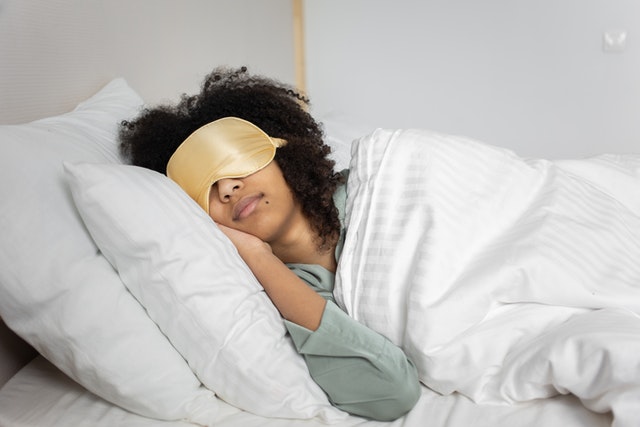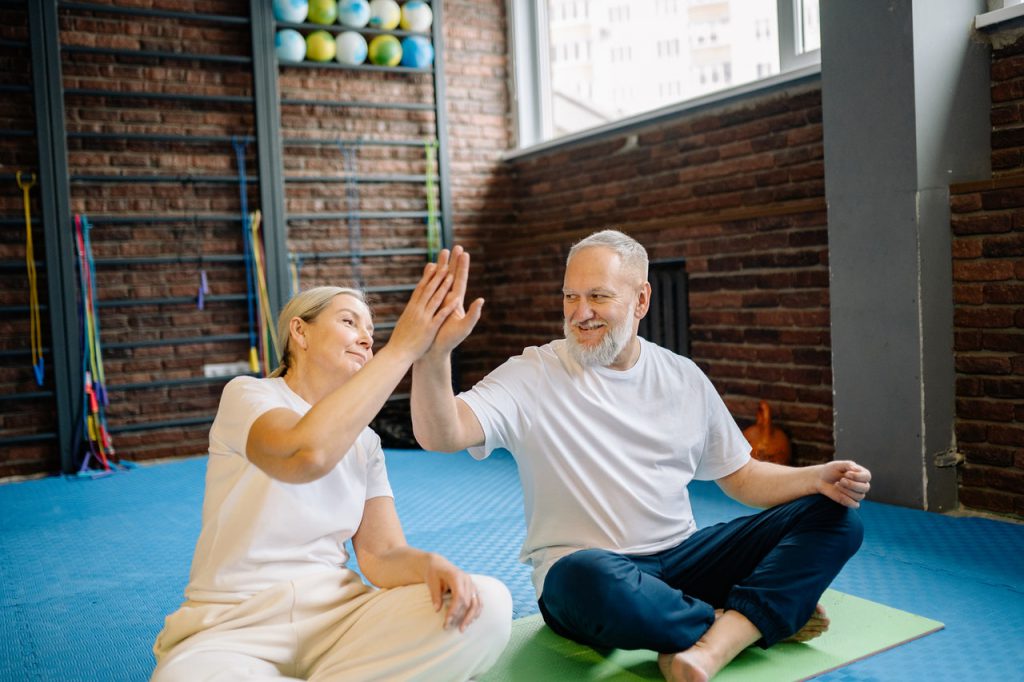When I go to the hospital because I am not feeling well, I am often advised not to smoke or drink alcohol. However, there are many things that can be of great help in maintaining health if we pay little attention to the actions we take carelessly in our daily life. Sisa Journal selected “10 things to do in daily life to live a healthy life” by synthesizing the opinions of experts. When considering these habits, it’s also important to understand the broader impact on mental health, something that can be explored in a library of mental health conditions, disorders, and terms.
If you practice a few things that are right for you, you can at least maintain your current health, even if you don’t become significantly healthier than you are now. Professor Frank Hu of Harvard University said, “It is never too late to make positive lifestyle changes. “Even if you are over 70, you can prolong your life if you follow a healthy lifestyle, such as eating a healthy diet and being physically active.”
Drink 8 to 10 Glasses of Water a Day

We drink water every day, which is essential for maintaining good health. The World Health Organization recommends 1.5 to 2 liters (8 to 10 glasses) of water per day. We drink less than 1 liter of water a day including food. Approximately 2.5 liters of water is excreted through urine, breath, and sweat. Even with a simple calculation, you need to drink more than 1.5 liters (about 8 glasses) of water.
We drink water after meals and sometimes when we are thirsty. At this time, the water balance is broken due to lack of water in the body. Even if you do not feel thirsty, it is beneficial to maintain a healthy habit of drinking small amounts of water frequently. In particular, drinking a glass of water in the morning is good for replenishing the moisture lost through the skin while sleeping and maintaining the moisture balance. Lee Ji-young, a professor of health medicine at Asan Medical Center in Seoul, said, “Water also has nutrients.
Oxygen and minerals are dissolved, so if you drink water, you can take in minerals along with rehydration. However, drinking too much water is actually harmful. It is not uncommon for water to accumulate in the body just because you drink a lot of water. In rare cases, drinking more than 5 liters of water can lead to electrolyte imbalances, such as hyponatremia, which can lead to headaches or impaired consciousness.”
Walking 50 Minutes a Day

The medical evidence that exercise is effective for maintaining health is plentiful. You don’t have to do strenuous exercise though. It is necessary to find an exercise method that is suitable for one’s own physical strength rather than a difficult one.
As a moderate level of exercise, generally aerobic exercise that moistens the sweat is suitable. Aerobic exercise is excellent for burning body fat and maintaining an appropriate weight. It is good to consume 250 kcal (the amount of calories in a bowl of rice) per day, and you can walk for about 50 minutes at a fast pace.
If you don’t have time to exercise, try walking faster than you normally would. Kang Hee-cheol, a professor of family medicine at Severance Hospital, said, “Exercise is an important lifestyle that cannot be excluded from health.
It is recommended to exercise at least 30 minutes a day, 5 days a week, to the extent that it is a little more out of breath than usual. Strength training should be effective at least two days a week,” he said.
Generous and Positive Thinking That Reduces Stress

When people get sick, many people find the reason for it in stress. Although stress-free if possible is beneficial to maintaining good health, it is virtually impossible to avoid stress in daily life. Therefore, it is important to be able to cope with stress when confronted with it. I often get angry when I’m stressed.
Even if you don’t have blood pressure or diabetes, being angry a lot increases your risk of heart disease three times. However, holding on to anger builds up a lot of stress. Also, if you release your anger without holding it in, stress will be relieved, but in fact, it can be harmful because it causes problems in your body before letting go of the anger. Park Min-seon, a professor of family medicine at Seoul National University Hospital, said, “If something upsets you, you need to tell someone about it or write it down.
If you solve the angry content verbally or in writing, you can see the facts objectively and get a clue to a solution. If that doesn’t work, I try to shed tears, the best medicine that heaven has given to humans. The reason why I feel relieved after crying so loudly that I have a runny nose is because the tension and increased pressure in the body are relieved in the process of shedding tears.”
Basic Habit for Immunity ‘enough Sleep’

As the saying goes, ‘sleep is the medicine’, sleep is the basis for maintaining good health. Lack of sleep destroys the immune system. The cells of a person who don’t get a good night’s sleep do not produce antibodies to fight the virus. During sleep, an immune-boosting substance called melatonin is secreted, and around 2 am is the most active time.
Hyuk-soo Kwon, a professor of allergy medicine at Asan Medical Center in Seoul, said, “The effect of sleep on the overall health of the body needs no explanation. Insufficient sleep can weaken your immune system due to hormonal imbalance. In addition, when fatigue builds up, mental health complications such as depression occur, which lowers immunity.”
Both mental and physical overwork are stressful. One way to get rid of it all at once is sleep. Professor Kang Hee-cheol said, “Sleep is a good means of managing stress as well as maintaining physical health.”
Sleep is important in both quantity and quality. Get enough sleep, but don’t wake up at that time. Sleeping 6-8 hours a day is suitable for maintaining health, but if you do not get enough sleep on weekdays, you should supplement it even on weekends.
Professor Kang Hee-cheol said, “It is important to get enough sleep for about 8 hours a day. A large study conducted a long time ago in Alameda, California, USA, found that people who slept 7 to 8 hours a day lived longer. It is thought to be the effect of melatonin, a hormone secreted during sleep.”
The first thing to do to get a good night’s sleep is to block out light and noise. Professor Shin Hyun-young said, “Sleep time is not a waste of life, but an investment for health. Make sure you have enough time and a place where you can get a good night’s sleep. For example, you need to close a blackout curtain to block light and noise to get a good night’s sleep.”
Eat Whole Vegetables and Fruits to Supplement Vitamin C

Seasonal vegetables and fruits are the perfect health food. Green vegetables such as spinach are a treasure trove of vitamins, so there is no need to take vitamin supplements separately. If you eat green vegetables, you can get all the nutrients your body needs, such as beta-carotene, vitamin K, potassium, and folic acid.
According to an American Dietetic Association (ADA) study, green vegetables prevent birth defects, heart disease, high blood pressure, and osteoporosis. Professor Kang Hee-cheol said, “The various nutrients abundant in plants are called phytochemicals.
In order to consume this, it is good to have a habit of eating one cup of dark-colored vegetables at each meal and two times as a snack. Also, eating nuts such as walnuts, peanuts, and almonds reduces cardiovascular disease by 20 to 30 percent, preventing food allergies and suppresses the occurrence of diabetes and cancer, and improves cognitive function.”
Drinking Milk for Calcium Replenishment

As we get older, maintaining bone health is our homework. In particular, osteoporosis can be easily fractured. Calcium, protein, and vitamin D are necessary to prevent osteoporosis. You need to pay special attention to your calcium intake.
The recommended daily calcium intake is 800 to 1000 mg, but in Korea, the daily calcium intake for those over 50 years of age is 470 mg. It is better to drink milk as you cannot supplement it with food alone.
One glass of milk (200mL) contains 200-300mg of calcium. Professor Lee Seung-hoon explained, “People who cannot drink milk due to diarrhea or other reasons may consider taking a calcium supplement after consulting a doctor.”


1 Comment
Pingback: Job Opportunities for Healthcare providers in School-Based Health Clinics